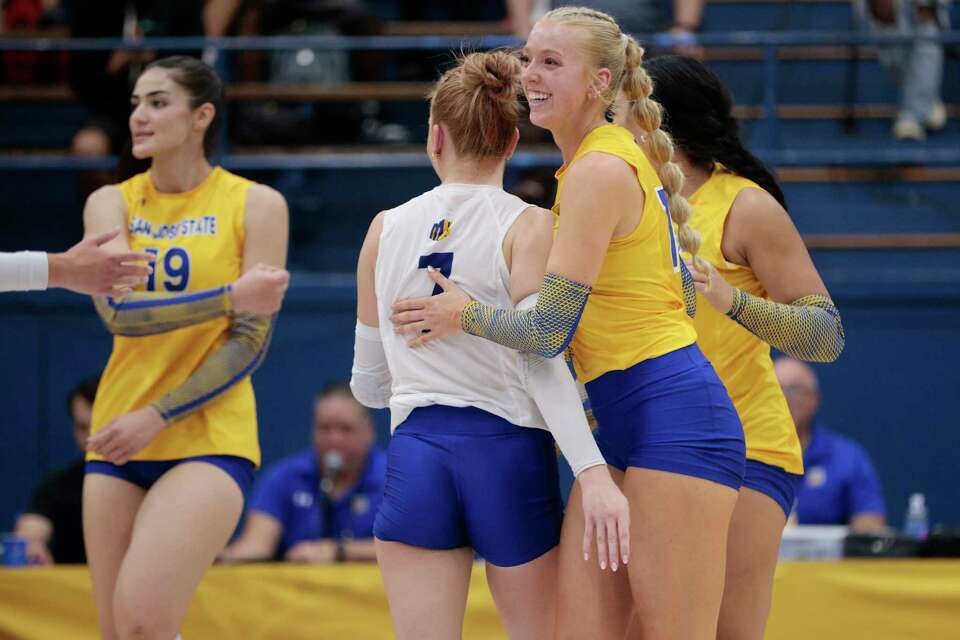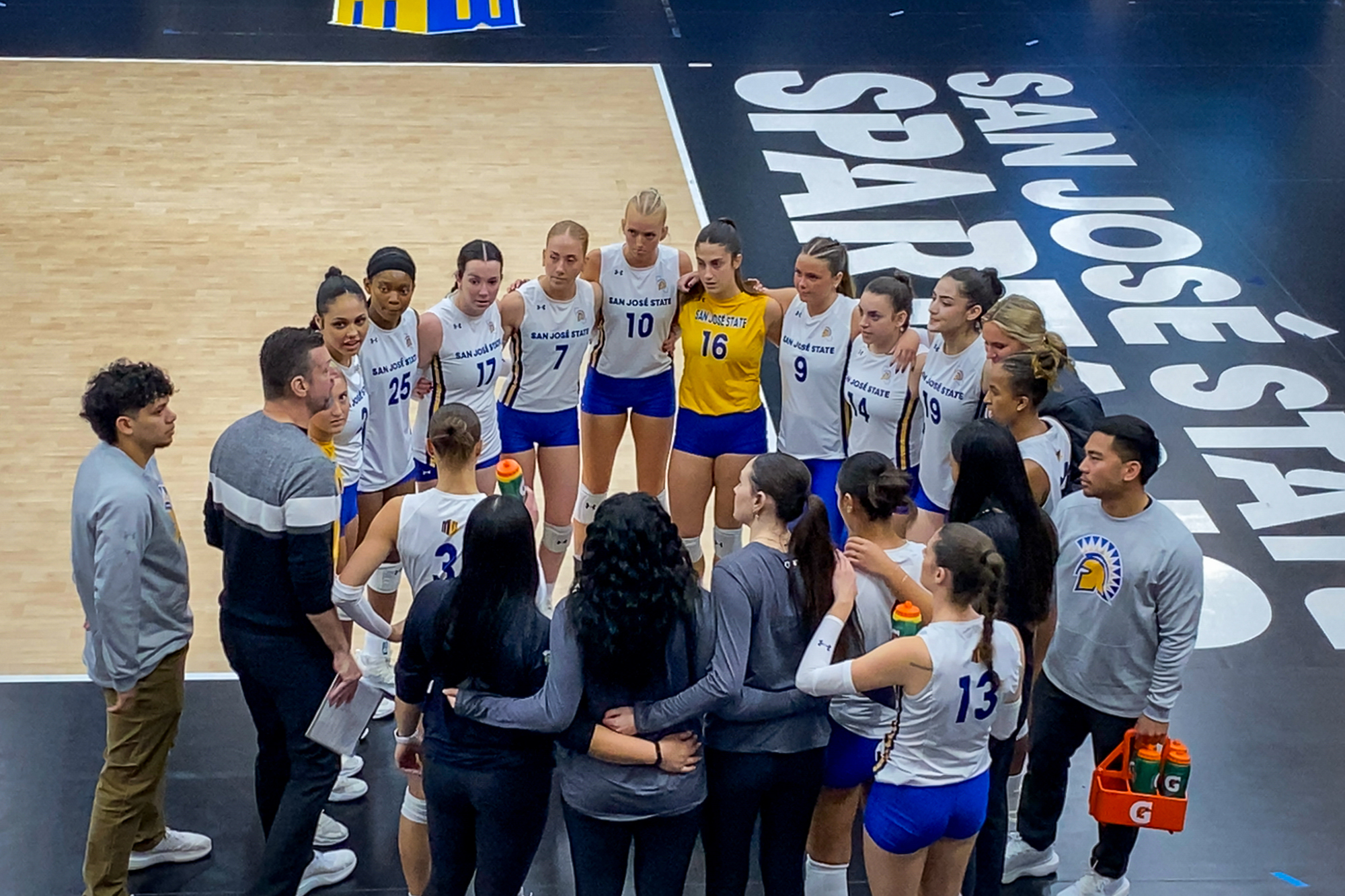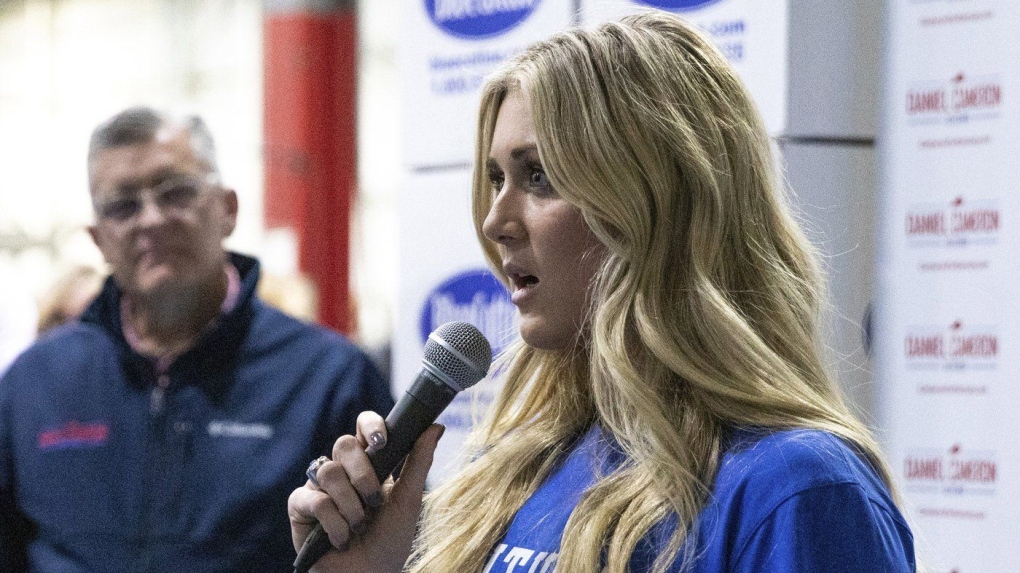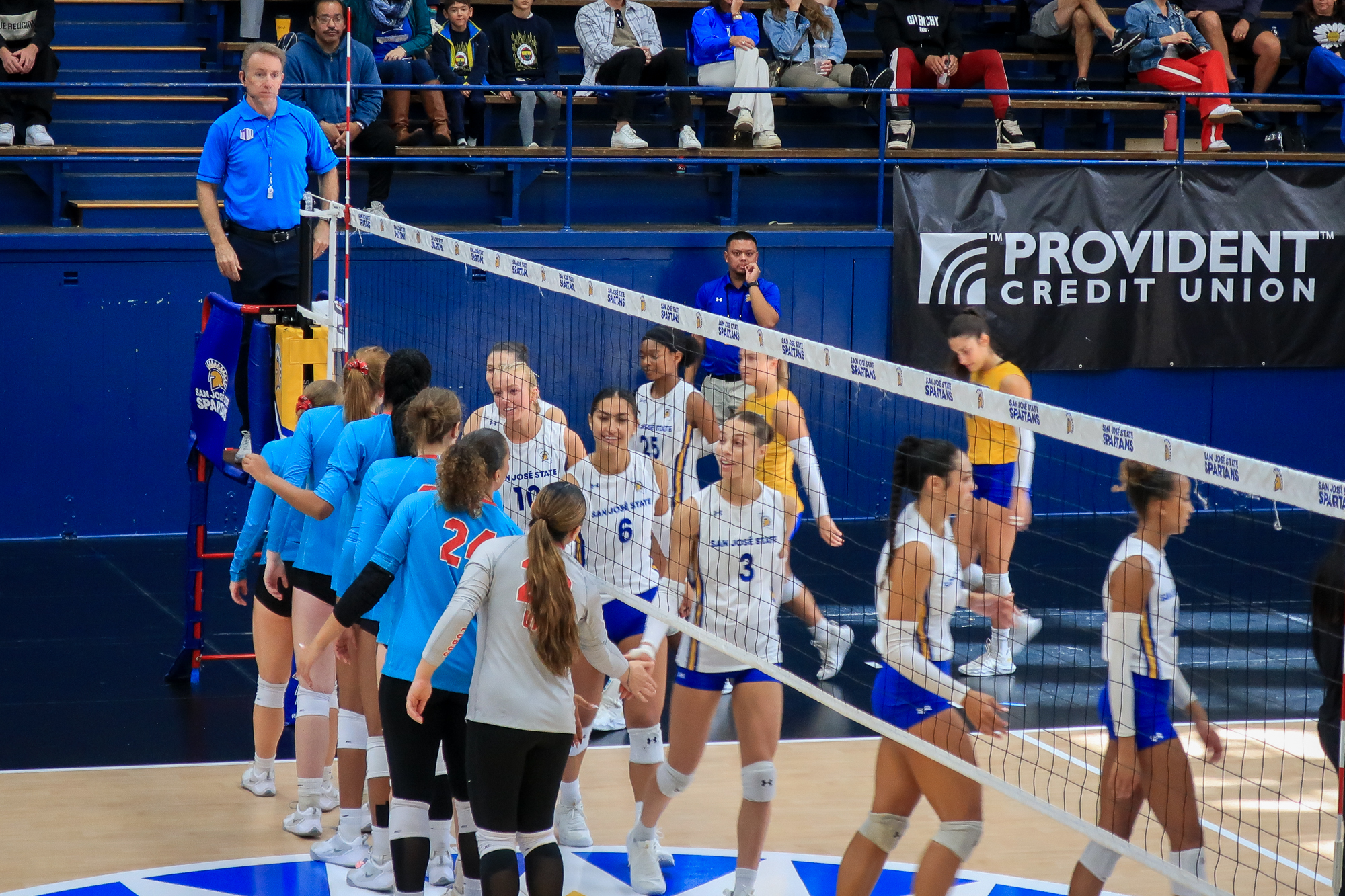In a pivotal legal decision, a federal appeals court recently upheld a ruling that denied a request to ban a transgender athlete from participating in the Mountain West Conference volleyball tournament. This lawsuit, filed by Brooke Slusser, a co-captain of the San José State (SJSU) Spartans volleyball team, has sparked a nationwide debate over transgender athletes’ participation in women’s sports, highlighting the growing tensions between civil rights protections and efforts to restrict transgender inclusion in athletic competition.
Here's ads banner inside a post

The Legal Challenge and Court Ruling
On November 26, 2024, a federal appeals court sided with U.S. District Judge S. Kato Crews, who had previously ruled against an injunction that would have prevented the unnamed transgender athlete from competing in the tournament. The plaintiffs in the case argued that allowing the athlete to play was a form of sex discrimination that gave her an unfair advantage over cisgender players. However, Judge Crews cited a 2020 Supreme Court ruling, which affirmed that federal laws prohibiting sex discrimination also protect individuals from discrimination based on gender identity. The judge further emphasized that the plaintiffs had failed to demonstrate that they would suffer irreparable harm if the athlete were allowed to compete.

Here's ads banner inside a post
The plaintiffs, including Slusser, immediately appealed the decision. Despite their objections, the 10th Circuit Court of Appeals upheld the lower court’s ruling, stating that while the plaintiffs’ claims might have merit, they did not meet the legal standard for granting the requested relief. The appeals court also noted that the plaintiffs had not proven a clear entitlement to the requested injunction.

This legal battle comes at a time when transgender athletes, particularly transgender women, are facing increasing scrutiny and opposition from various groups who argue that their participation in women’s sports is unfair. The case involving SJSU has thrust the university into the spotlight as part of a broader national conversation about the inclusion of transgender individuals in competitive athletics.
Here's ads banner inside a post
The Role of Title IX and Civil Rights
The plaintiffs in this case are not alone in their concerns about transgender athletes. Advocates for the rights of transgender individuals, however, argue that these lawsuits violate civil rights protections under Title IX, the federal law that prohibits sex-based discrimination in educational settings. Title IX was enacted in 1972 with the goal of ensuring equal access to educational opportunities, including sports, for women and girls. Civil rights experts have pointed out that transgender students are protected under Title IX, which extends its protections against discrimination to individuals based on their gender identity.

Shiwali Patel, senior director of the National Women’s Law Center, explained that Title IX protections extend to transgender students, ensuring their right to participate in sports according to their gender identity. “Trans students have protections under Title IX, and they have protections under the Constitution’s equal protection guarantee,” Patel said. “This is one tactic that extremists have used to exclude trans people from civil rights protections.”

The SJSU university administration echoed this sentiment, stating in a public statement that it would continue to support its student-athletes and reject discrimination in all forms. “All San José State University student-athletes are eligible to participate in their sports under NCAA and Mountain West Conference rules,” the university said. “We are gratified that the Court rejected an eleventh-hour attempt to change those rules.”
The Broader Debate Over Transgender Athletes in Sports
The legal battle surrounding the SJSU volleyball team is not an isolated incident but rather part of a broader and contentious debate over transgender athletes’ participation in sports. This debate has gained momentum in recent years, particularly as more transgender individuals have come out publicly and pursued athletic careers in various disciplines.

At the heart of the debate is the question of whether transgender women have an inherent competitive advantage over cisgender women, particularly in sports where physical strength and endurance are key factors. Opponents of transgender inclusion in women’s sports often claim that trans women who undergo male-to-female hormone therapy still retain physical advantages, such as muscle mass and bone density, which could give them an unfair edge in competition. However, studies on the impact of hormone replacement therapy (HRT) on athletic performance have shown that trans women do not universally have a significant advantage over cisgender women once they transition and undergo the necessary medical treatments.
Despite the lack of conclusive evidence, the issue has become a political flashpoint. Anti-trans advocacy groups, such as ICONS, have been at the forefront of these lawsuits, arguing that allowing transgender women to compete in women’s sports puts cisgender women at a disadvantage and increases the risk of injury. These groups, including Riley Gaines, a former University of Kentucky swimmer who has become a vocal critic of transgender inclusion in women’s sports, argue that the inclusion of transgender women in athletic competitions is detrimental to fairness and safety.

Gaines and others have made headlines for their opposition to policies that allow transgender women to compete in women’s sports. However, civil rights advocates argue that these claims are based on unfounded fears rather than objective evidence. Erin Reed, an independent journalist who covers anti-trans legislation, has pointed out that the real aim of these lawsuits and campaigns is not to protect competitive fairness but to exclude transgender individuals from public life. “It’s not about competitive advantages,” Reed said. “It’s about exclusion, period.”
The Impact of Transgender Exclusion on Women and Girls
Advocates for transgender inclusion argue that excluding transgender women from sports not only harms the individuals affected but also undermines the broader goals of gender equality and inclusivity in athletics. Title IX was created to ensure that women and girls had equal access to sports opportunities, and many argue that excluding transgender women from competition perpetuates harmful stereotypes and discriminates against a vulnerable group.
Patel, from the National Women’s Law Center, expressed concern that the push to ban transgender athletes could ultimately harm cisgender women and girls as well. “This really contradicts Title IX’s broad purpose and does nothing to protect gender equity in sports,” Patel said. “Instead, it subjects women and girls to more harm, to gender policing, and to scrutiny as to whether or not they are a ‘real woman or girl.’”

Moreover, the targeting of transgender athletes could lead to further gender-based scrutiny and discrimination, particularly for women of color, who are already subjected to heightened levels of surveillance and exclusion in sports. The case in Utah, where a high school athletics association secretly investigated a female athlete over suspicions that she was transgender, highlights the potential for harm. Such actions, advocates argue, only serve to reinforce societal gender norms and stigmatize those who do not conform to traditional expectations of femininity.
The Future of Transgender Rights in Sports
The legal battles surrounding transgender athletes are far from over. In addition to the lawsuit involving SJSU, more than 20 states have passed laws banning transgender students from participating in sports consistent with their gender identity. These laws have sparked protests and legal challenges, and many advocates for transgender rights are pushing for greater protections at the federal level.

For now, the legal system will continue to be a battleground for the rights of transgender athletes, as courts weigh the competing interests of fairness, inclusion, and civil rights. The outcome of these cases will have significant implications not only for transgender individuals but for the future of women’s sports as a whole.
As the debate over transgender athletes continues to evolve, one thing is clear: the fight for inclusion and equality in sports is far from over, and the outcome will shape the landscape of athletics for generations to come.

